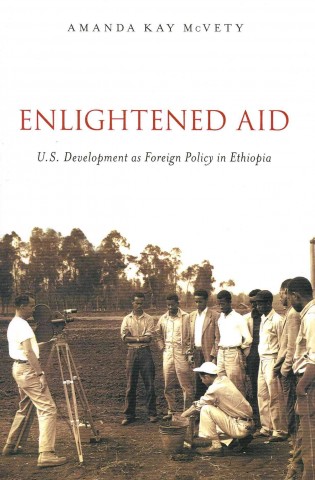The Foreign Policy Research Division of Global Affairs Canada (GAC) is pleased to announce the 2016-2017 Cadieux-Léger Fellowship.
Do you want to gain valuable experience working in an area related to your studies while contributing to the advancement of Canada's international interests? The Cadieux-Léger Fellowship, now in its 24th year, provides direct experience in a policy research environment focused on the diverse challenges facing Canadian foreign policy.
The deadline for applications is no later than midnight Pacific time, June 23, 2016. The successful candidate will be required to relocate to Ottawa at their own expense. Due to the high volume of receipt of applications, only the students selected for an interview will be contacted.
You must provide a list of the courses you have taken as well as any courses that you are taking now, or that you will be taking this academic year.
Duties: The Fellow's work includes some research related to priority topics, writing short papers, contributing to the operational policy requirements, including by networking with internal and external experts and contributing to policy working groups.Work environment. The Fellow's work includes research, writing short papers or briefs, and participating in the policy development process, including by networking with internal and external experts and contributing to policy working groups.
While at GAC, the Fellow is expected to advance Canadian foreign policy and the Foreign Policy Research Division's research agenda, which includes the following themes (as they related to Canada and its foreign policy):
1. The future of the European project
2. Water management (eg. Water diplomacy)
3. Climate change
4. Migration
5. Conflict-prevention and/or post-conflict reconstruction efforts
6. Pluralism and/or diversity
We welcome proposals related to these themes but also ones that have clear relevance to Canadian foreign policy priorities. The relevance and quality of the research proposal is an important factor in the selection process.
The Foreign Policy Research Division aims to create an efficient and collaborative work environment through knowledge-sharing, exchanging experience and ideas, as well as soliciting and welcoming input in new ways from a variety of stakeholders. As such, the Fellow would be expected to build networks within GAC, the Government and with external experts. A particular emphasis will be placed on identifying and engaging new sets of stakeholders whose good ideas can be leveraged.

